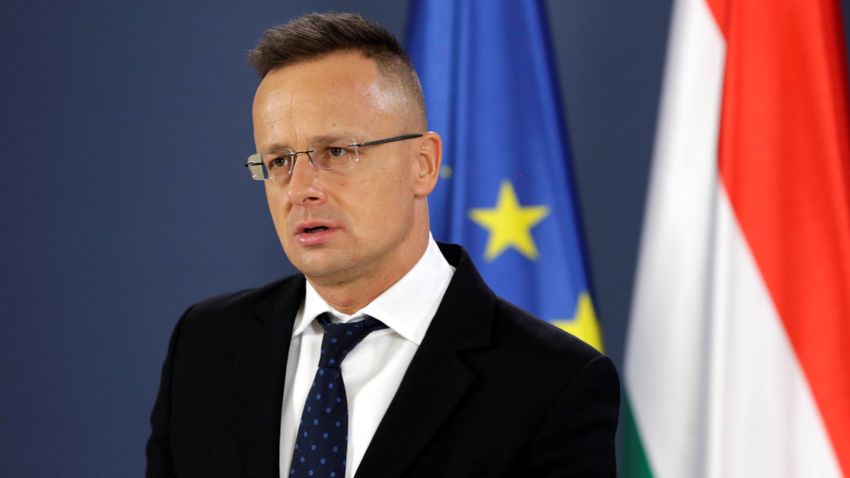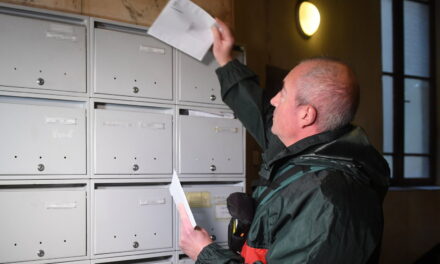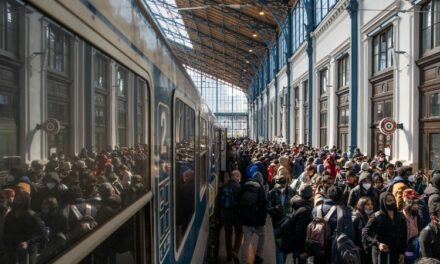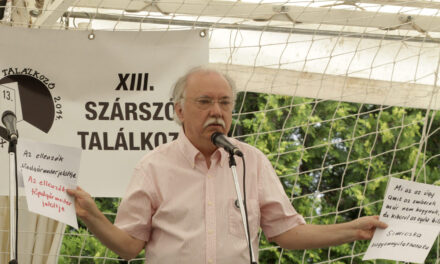Hungary is under pressure from the east and the south at the same time, said the Minister of Foreign Affairs and Trade in Kossuth radio's Sunday Newspaper program.
Péter Szijjártó explained that 12,000 to 13,000 war refugees arrive from the east every day, who have the right to enter Hungary, since "you can't go anywhere else from the war but to the neighbor".
On the other hand, those coming from the south do not have the right to enter the country, as illegal migrants violate the borders of several safe countries, including the borders of Serbia and Hungary, emphasized the head of the ministry.
He emphasized that Hungary still does not allow illegal migrants to enter from the south, but strictly protects its borders, which is why it is necessary to create border hunting units.
Péter Szijjártó called it important for NATO to pay attention to challenges in the south as well as in the east, where the threat of terrorism is becoming an increasingly serious problem, and as a result of the supposed famine due to the lack of grain in Ukraine, an unprecedented increase in migration waves can be expected.
The minister confirmed: Hungary is in the interest of peace from every possible point of view, but at the same time, every minute that is spent in war in Ukraine represents a security risk. That is why the strength of the Hungarian army must be developed, in order to achieve the country's 2 percent GDP defense expenditure by next year, he said.
He emphasized that there is a warlike atmosphere in NATO, but it is very fortunate that "the position that everything must be done to prevent a direct conflict between NATO and Russia is still maintained."
Péter Szijjártó once again called it a wise decision that NATO, as an alliance, continues not to supply weapons to Ukraine, as it would "threaten the risk of an even greater tragedy".
The head of the ministry also touched on the fact that until last autumn it was unthinkable in Europe that there would not be enough energy carriers available, then the energy supply crisis arrived, which was further aggravated by the war.
The minister said that previously unimaginable prices are emerging on the world energy market, so in the future those countries that can produce the energy they consume themselves will be safe. The expansion of the Paks nuclear power plant will be a huge help to Hungary in this, he said.
Péter Szijjártó emphasized that the investment will continue to be accelerated so that the new blocks can be put into commercial use by 2030, because then the country will be very close to self-sufficiency in the field of electricity, together with solar energy investments.
He recalled that a few days ago in Istanbul, he negotiated with Alexey Likhachev, the CEO of Rosatom, in order to be able to start concrete construction in September.
The minister recalled that the sanctions do not hinder this work in any way, since the European Union declared at the outbreak of the war that the peaceful use of nuclear energy does not fall under the scope of the sanctions in any way.
Source: Magyar Hírlap
Featured image: Hungarian Nation












